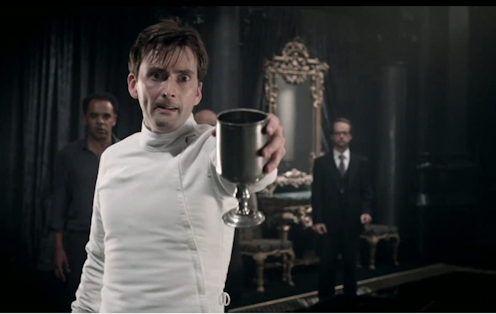Shakespeare's Hamlet, the Everest of literature
- Written by Dr Jamie Q Roberts, Lecturer in Politics and International Relations, University of Sydney

Although I’m wary of declaring any literary work to be the greatest ever, Shakespeare’s Hamlet would be a frontrunner. It’s often proclaimed to be or voted Shakespeare’s best play (Google it). It has countless film adaptations, is widely referenced, and even gets a homage of sorts in The Simpsons[1].
Hamlet deserves such accolades because it offers the deepest of insights into the human condition; although this insight can be a little tricky to explain.
Let’s consider some of Shakespeare’s other popular, serious plays. Romeo and Juliet is a tale of forbidden love – the cliché drops effortlessly. Othello is about the horrors of jealousy. And Macbeth, with its Tarantino-grade account of regicide and its grim consequences, explores the dark side of ambition. So what about Hamlet?
















